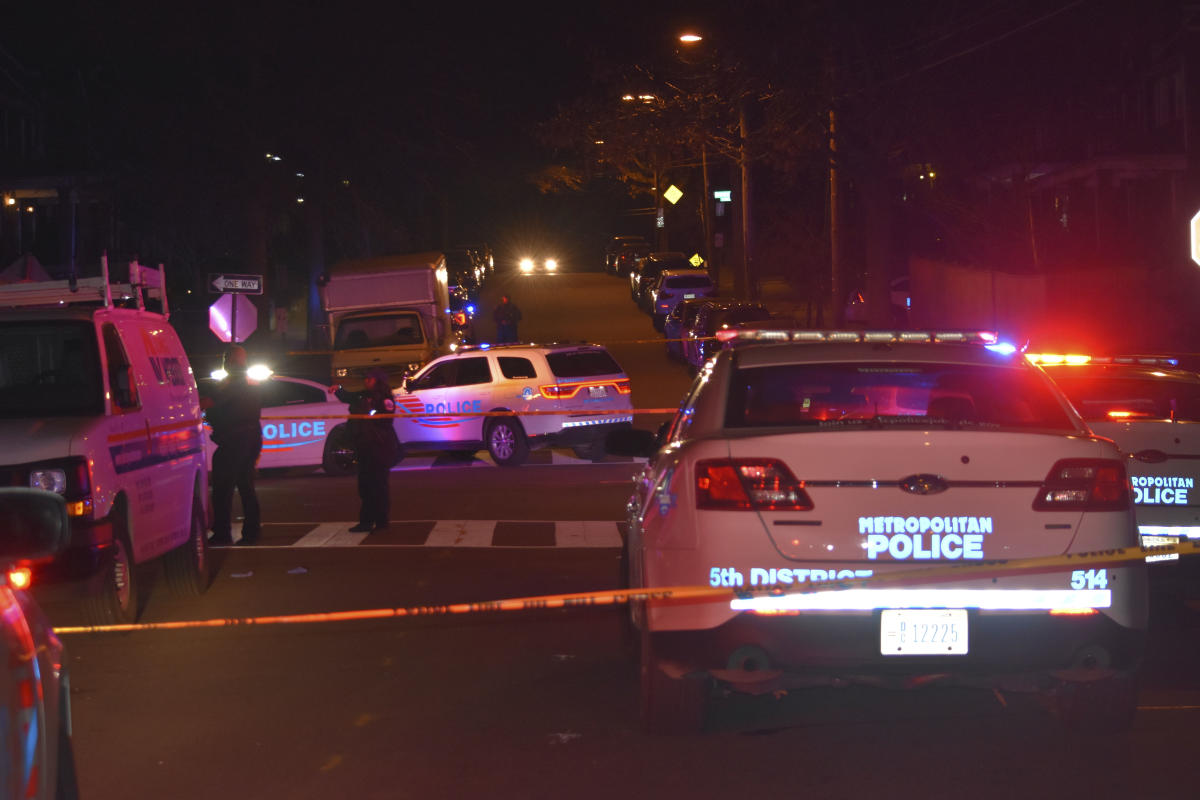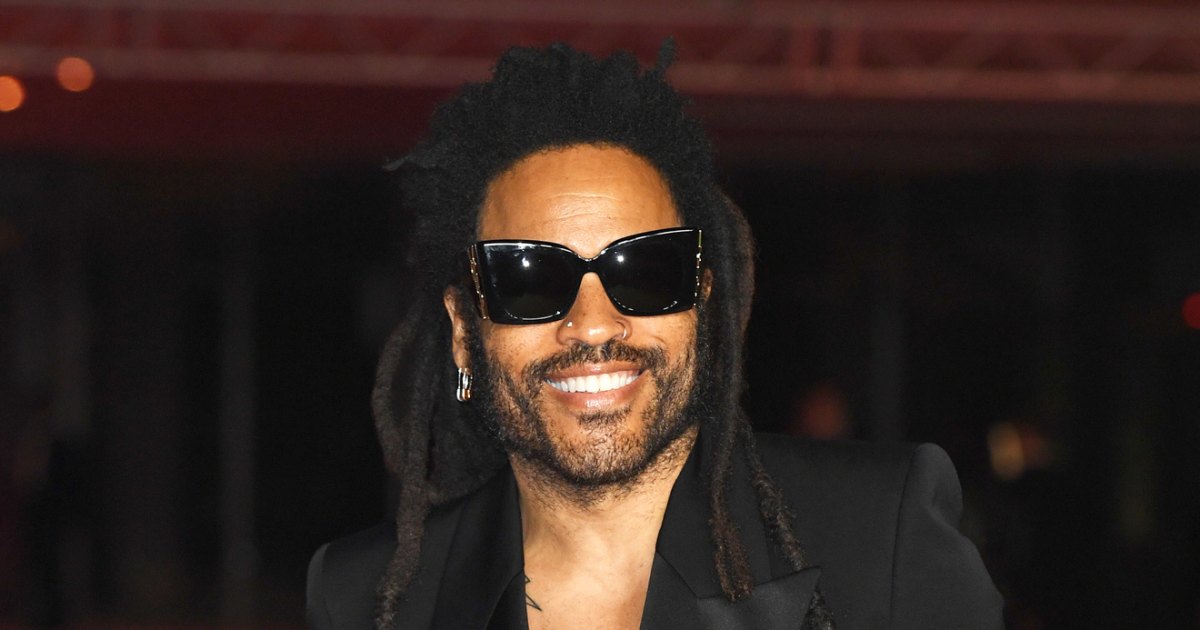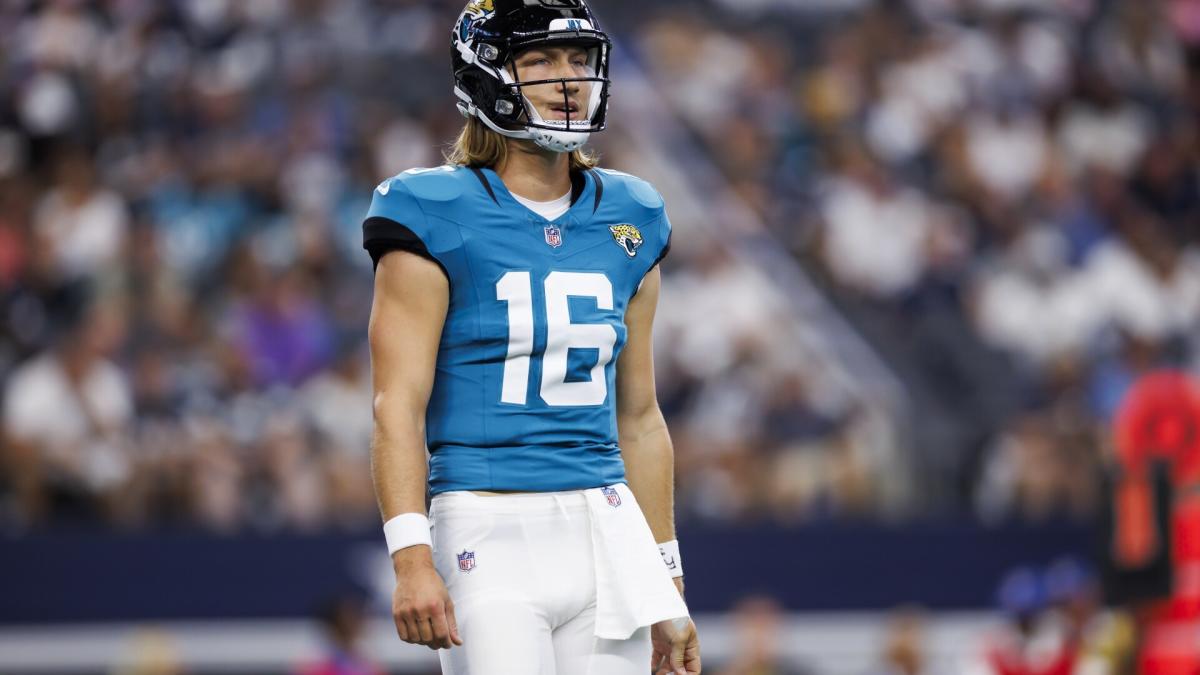There are 13 members of the D.C. Council, and before the city’s recent spike in crime, Moses Mercado figures that he’d have been lucky to recognize even three of them. And he was in no hurry to change that.
Mercado is no political ignoramus. A Texas native, he ran John Kerry’s presidential campaign in New Mexico and spent years as a Democratic Capitol Hill staffer before becoming a lobbyist. But for most of his 31 years in town, he’s been an exemplar of a particular Washington archetype: The politico who can obsess about far-away state legislatures, but can’t bring himself to care about his own city council.
“I just went along with my business; I didn’t need anything,” Mercado told me this week. “I always felt like I was an intruder. Working on the Hill, you come from that perspective of, ‘I’m just here.’”
Now, though, Mercado — and a slew of other national-politics pros with similarly thin municipal-politics chops — are throwing themselves into the most in-the-weeds aspect of local political logistics: They’re raising money, circulating petitions and planning door-knocking strategies in the name of a recall campaign against the D.C. councilmember they blame for the city’s shocking wave of homicides, carjackings and robberies.
That wave made national news last week after the death of Mike Gill, a former Trump administration official and the rare political type who kept a hand in both Company-Town Washington and Hometown D.C., where he’d been the GOP member of the city’s election board. Gill was shot while waiting to pick up his wife from her office on downtown’s busy K Street, the first victim in a carjacking spree that left three dead and ended with a police shooting of the alleged gunman in suburban Maryland.
The rampage itself was atypical: Police said they believed the assailant was having a mental-health crisis, not actually trying to steal cars. But the slaying of a beloved father of three from the political universe put local crime on the radar of even more people who don’t usually follow metro news. Many of them, recall advocates said, soon contributed to the recall campaign, which had started raising money just a couple weeks earlier.
The target of the campaigners’ ire is a fellow Democrat named Charles Allen, the councilmember most associated with championing the force reductions, budget cuts and new transparency rules that followed the 2020 murder of George Floyd. As it happens, Allen represents D.C.’s Ward 6, which includes Mercado’s Capitol Hill home and houses a hefty number of others with day jobs in national politics.
“When you have people who are committing violent crimes over and over, something has to change,” said fellow Capitol Hill resident Tonya Fulkerson, another recall organizer and a heavyweight Democratic fundraiser by day. “He pushes these policies that are extreme far left. He listens to these extreme advocacy groups over his own voters in his own ward.”
Fulkerson, who handles the recall campaign’s finances while Mercado organizes field strategy, said she always voted in D.C., but never paid too much attention because “I never thought my vote actually matters” given the capital’s lack of statehood. According to D.C. campaign finance reports, the group raised $56,000 between Jan. 12 and Jan. 31, a remarkable number for a local recall effort in a single city ward.
“Literally on my block, there’s been at least five or six carjackings in the last four or five months,” said Rich Masters, a one-time spokesperson for former Louisiana Democratic Sen. Mary Landrieu, who is running press strategy for the effort. “When that starts sinking in, you start looking at the causes and there’s been a lot of neglect.” Masters, who moved to Washington in 1996 and also lives on the Hill, thinks he voted for Allen a couple times, though he skipped the vote during the pandemic.
Allen disputes the idea that his reforms are the cause of the crime surge, noting other cities with similar reforms saw crime fall. And he says his policy agenda has always been shaped by constituents who buttonhole him about problems large and small. “Ward 6 sent me back time and again to the Council because that’s the reputation I have,” he told me. “I’ve heard from so many residents that are just frustrated with an effort like this. They feel like, rather than being part of a solution, they’re trying to leave Ward 6 without even representation or a voice.”
But the fact that Allen has gone from winning with 96 percent to being the target of a well-funded recall effort shows how quickly the politics of crime have changed in Washington, bringing a screeching halt to years of hype about the once-beleaguered capital’s miraculous comeback.
The District’s 274 murders last year represented the highest number since 1998 and more than triple the 88 homicides recorded in 2012. (Nearly 500 were slain in 1991, at the blood-soaked peak of the crack era.) Carjackings have also exploded, with a whopping 958 in 2023, up from 148 five years earlier. And while other big cities’ Covid-era crime spikes have receded, D.C.’s numbers rose again last year.
No wonder, then, that the subject of neighborhood conversation, particularly in the gentrified precincts popular with young political workers, has whipsawed so fast. A few years ago, people jawboned about who could afford the capital’s skyrocketing rent, or marveled about how much the burgeoning local restaurant scene expected people to pay for a bowl of ramen. Nowadays, there’s a lot more chatter about safety — and about who’s to blame for bloodshed and the ambient anxiety.
If it all feels familiar, you’re probably more than 50 years old.
After decades of tumbling crime, many in Washington — and big, blue cities across the country — seem to have forgotten the vibe of a generation ago: The profoundly toxic effect that fear of violence can have on politics and community. A fearful electorate is one that’s more susceptible to demagoguery and terrible policy ideas and a warped understanding of how the city works.
You can see some of that happening in Washington today, even in innocuous ways that have nothing to do with any elected official’s fate. People alarmed about D.C.’s crime epidemic, for instance, regularly bemoan restaurant closures as a sign of how bad the city has gotten. In fact, the 52 city restaurants that closed in 2023 were far fewer than the 100 that closed in comparably safe, happy 2015. Food service is a tough business; establishments open and shut all the time, with or without a frightening uptick in violence.
But just because it isn’t always statistically valid doesn’t mean the fear isn’t real — or that its effects won’t be devastating for the city’s health. When the local NBA and NHL franchises announced plans to move to Virginia, a potentially devastating blow to a downtown struggling with post-Covid office vacancies, public fear of crime and chaos in the teams’ current Chinatown neighborhood was cited as a reason.
So much of the capital’s 21st century revitalization and population growth has been premised on the assumption that crime is not a big danger. In the Navy Yard neighborhood around the Washington Nationals’ stadium, once an industrial zone with few residents, block after block of new real estate sprouted. But for a lot of those newcomers, the choice to live there was based on thinking that they’d be able to safely walk back and forth to jobs on Capitol Hill — an expectation that gets jolted by high-profile incidents like last year’s carjacking of Texas Rep. Henry Cuellar in the neighborhood.
If that sense of safety unravels, a lot of other things unravel along with it.
As such, a Washington that’s gripped by the politics of crime is different than if it were happening in Cleveland or Seattle because at least some of those people who are newly scared on their morning commute will spend their days making policy for the whole country.
In local politics, you can also see the impact of crime in the ad hominem tone that has shown up in the online interactions among the relatively small population of local-politics social media obsessives. For years after Marion Barry’s departure from the mayor’s office, the overwhelmingly blue city’s hometown political obsessives had few major policy disagreements. But now, the fractiousness between the Council’s centrists and progressives like Allen can get nasty — sometimes by design.
Chuck Thies, a longtime local political operative and famously acerbic D.C.-politics social media character, told me about deciding to target Allen even before the recall. “We’ll make this smug white guy the poster child,” Thies said. “And we’ll make sure that poster is glued to every casket in which a victim of crime in this city is buried.”
“That type of comment is not somebody who is actually trying to solve a problem,” Allen responded. “Local public services is about a neighbor, a dad dropping their kids off at school, somebody who just says, ‘You know what, I’ll put my hand up and it’s my turn. I’ll provide some leadership for my community.’ I think this type of hyper-toxic politics just does such a disservice and we’ve seen it creeping in everywhere.”
The recall effort hasn’t gotten quite that noxious. Although Allen notes that the list of donors includes several Trump appointees and numerous GOP Hill staffers — and though he’s long been a target for Trump-friendly outfits like the Fraternal Order of Police and grandstanding congressional Republicans — it also feels like a fight among Democrats.
“I told him at one point, ‘You give Republicans fodder,’” Mercado said. “They say we can’t manage our own house.” Sure enough, last week former President Donald Trump promised a “takeover” of the capital if he won back the White House.
Republicans citing crime as an excuse to meddle in local self-government has long been a part of the fraught relationship between the local city and the federal one. Like so many other aspects of toxic crime politics, it has returned as well: On Tuesday, the House Oversight Committee okayed a measure repealing a number of 2022 local police-discipline reforms that were disfavored by D.C.’s police union.
In a sense, the furious focus on Allen himself — a single councilmember who no longer even sits on the body’s public safety committee — is also an example of the way crime anxieties torque local politics. It’s hard to imagine a measly city council rep could be responsible for a crime wave, especially a guy who no one bothered to challenge at the polls. Allen’s police-reform efforts were at the time overwhelmingly popular, a response, he told me, to “thousands of Washingtonians marching in the street.” After D.C.’s mayor vetoed a criminal-code rewrite he’d drafted, his Council colleagues promptly overrode the veto. (Congress ultimately used its power to spike the measure.)
Instead, Allen’s real mistake was allowing himself to become a symbol of a political establishment that failed to empathize with frightened residents as the politics of policing changed following the reformist surge of 2020. Was it fair to single him out? Maybe not. Should a savvy pol have seen it coming? Absolutely.
Actually removing Allen remains a tough slog. Next week, recall activists meet with the Board of Elections to get language approved for recall petitions. If they can gather enough signatures, the measure will be put on the ballot later this year. But the councilmember’s supporters have already announced plans to raise money to fight the effort. And no councilmember has successfully been recalled in the 50 years of D.C. home rule.
The shape of the campaign itself is also likely to be a sign of how much Washington has changed since the last time crime was a headline-dominating issue. Back in the 1980s, a bunch of Capitol Hill big shots trying to oust a local councilmember would have triggered major pushback in a city whose population — and roster of elected officials — was overwhelmingly Black and relatively disconnected from the national-politics industry. But Allen’s Ward 6 is now majority-white and largely affluent, and the councilmember himself (an Alabama native and former Howard Dean campaigner) comes from a professional background that’s not so different from some of his antagonists.
All the same, you don’t have to wait for election day to see that the local politics of crime has changed. On Tuesday, the Council passed a crime measure reviving some 1990s-era anti-crime tactics and locking up more people before trial, among other things. The measure drew scorn from criminal justice reformers, who called it a desperate effort by pols determined to look like they were doing something. But it passed with the support of 12 of the 13 councilmembers.
Including Allen. “The public wants to see their representatives taking action,” he said. “And so I do think that’s part of what we’re trying to respond to and listen to.”

Amanda Smith is a dedicated U.S. correspondent with a passion for uncovering the stories that shape the nation. With a background in political science, she provides in-depth analysis and insightful commentary on domestic affairs, ensuring readers are well-informed about the latest developments across the United States.







